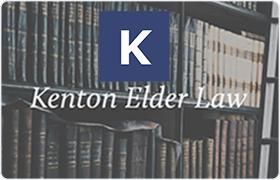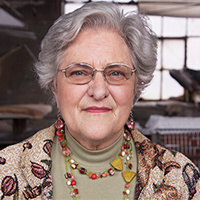 Scott County, KY Trusts Lawyers
Scott County, KY Trusts Lawyers
Sponsored Law Firm
-
 x
x

Click For More Info:
-
Kenton Elder Law
713 College Rd Paris, KY 40361» view mapEstate Law Helping Generation After Generation
Kenton Elder Law works with families to ensure smooth financial transitions and long term care arrangements as older adults move into later stages of life.
800-932-7301
Warning! No lawyers found in this specified area.
Lawyers
1-0 of 0 matches



 Carolyn Kenton Paris, KY
Carolyn Kenton Paris, KY Practice AreasExpertise
Practice AreasExpertise